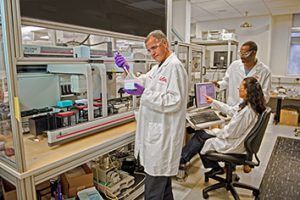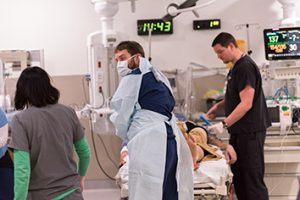Lilly partner Immunocore raises record $320 million
Immunocore Ltd., which this week achieved the biggest private fundraising by a European biotechnology firm in 10 years, plans to accelerate development of its cancer therapy using the money and seek expedited approval.




